The John Wick Franchise Works So Well For The Most Elusive Reason
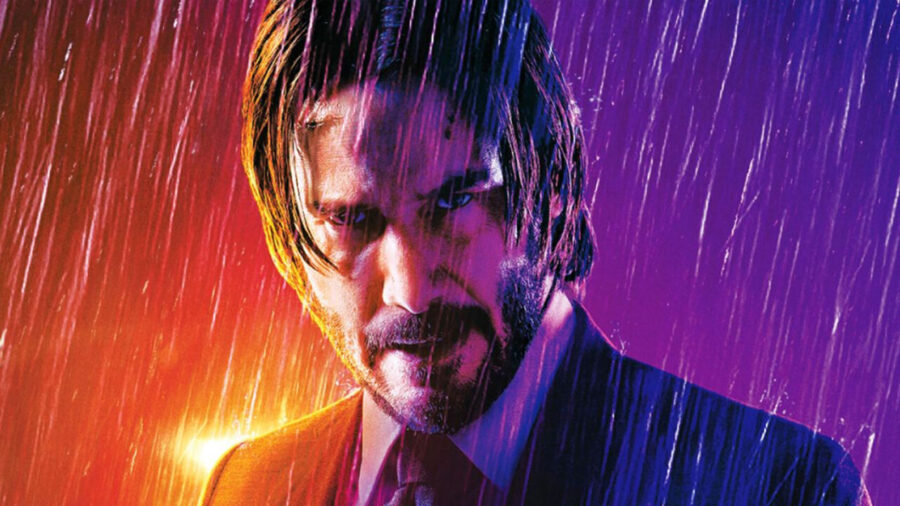
The John Wick franchise has proven itself to be a massive commercial and critical hit for a number of reasons, but there may be one reason you overlooked that needs to be considered. It goes without question that the franchise set a new gold standard for choreographed action sequences, and John Wick’s kill count is legendary to say the least. But what I think truly sets the John Wick universe apart from its contemporaries is its expert portrayal of the bureaucratic inner workings found within the High Table organization, which holds the entire narrative together.
John Wick Reveals The Inner Workings Of The High Table
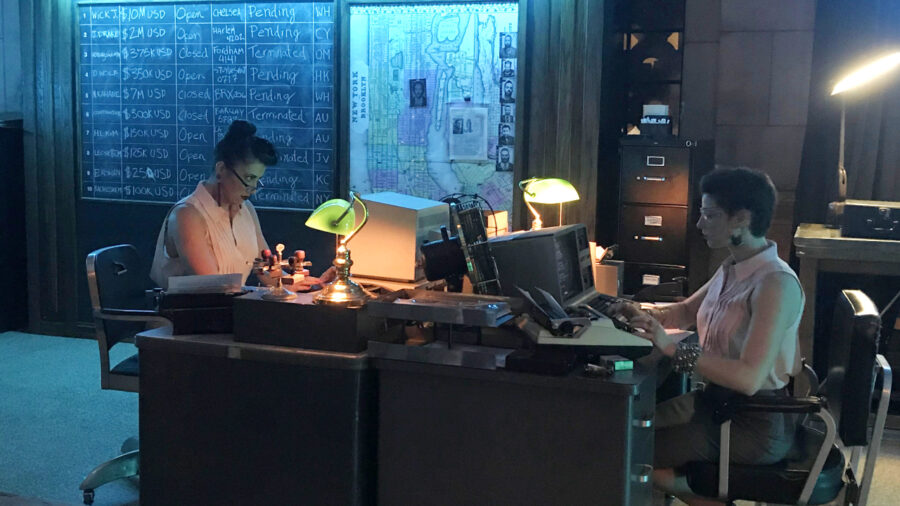
To truly understand how the John Wick universe operates, you need to know what happens behind the scenes. It’s easy to get distracted by Keanu Reeves because his character knows how to kill three men with a pencil, but without the pencil pushers working in the High Table central office, there’s simply no story to tell. That is to say, the administrative employees tasked with announcing bounties and keeping the organization running like a well-oiled machine are the unsung heroes that allow us to have so many sequels.
Nobody wants to admit it, but the world runs on bureaucracy, and the world that the John Wick franchise establishes is no different. Without some semblance of order and honor, we’d be stuck watching Keanu Reeves blasting and stabbing his way through several hours of film with little to no payoff. After John Wick avenges the death of his dog, Daisy, in the first film, there’s not really anywhere else to go.
John Wick: Chapter 3 Shows That There Are More Rules Than You’d Expect
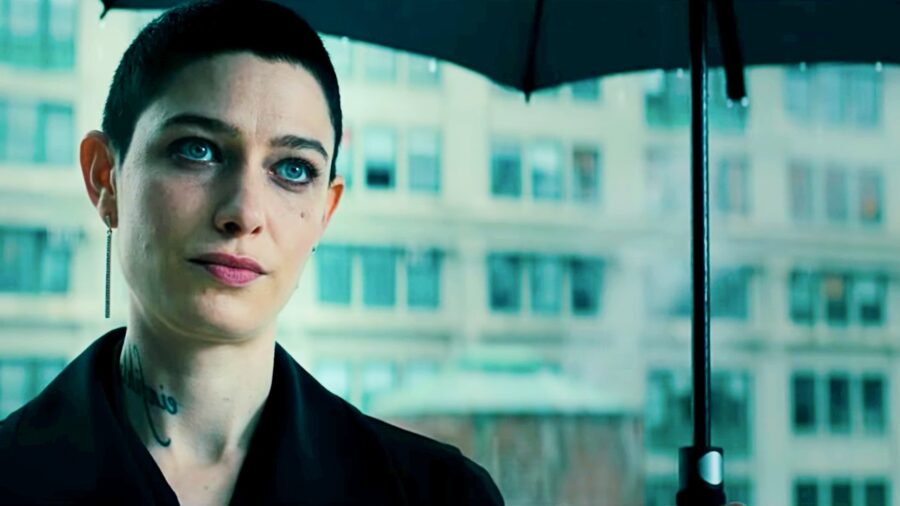
It wasn’t until I worked my way through Parabellum that I realized how much the High Table relies on their nameless and faceless clerks to do their dirty work. By the time John Wick: Chapter 2 reaches its conclusion, it’s made apparent that there are more rules than you’d expect within the organization of assassins. When John Wick defiantly breaks the sacred rule of never conducting business on Continental grounds, he becomes a marked man, and he is labeled incommunicado.
John Wick: Chapter 3– Parabellum introduces us to the High Table Adjudicator (Asia Kate Dillon), who functions as the judge, jury, and executioner within the organization. At this point in the narrative, we all know that John, Winston (Ian McShane), and The Bowery King (Laurence Fishburne) have overstepped their boundaries on numerous fronts and need to be punished accordingly. Through the subtle use of eye contact and knowing affirmative nods, it’s obvious that all three principal characters are about to be thrust into a zero-hour scenario in which they may not live to talk about.
It’s All In The Small Details
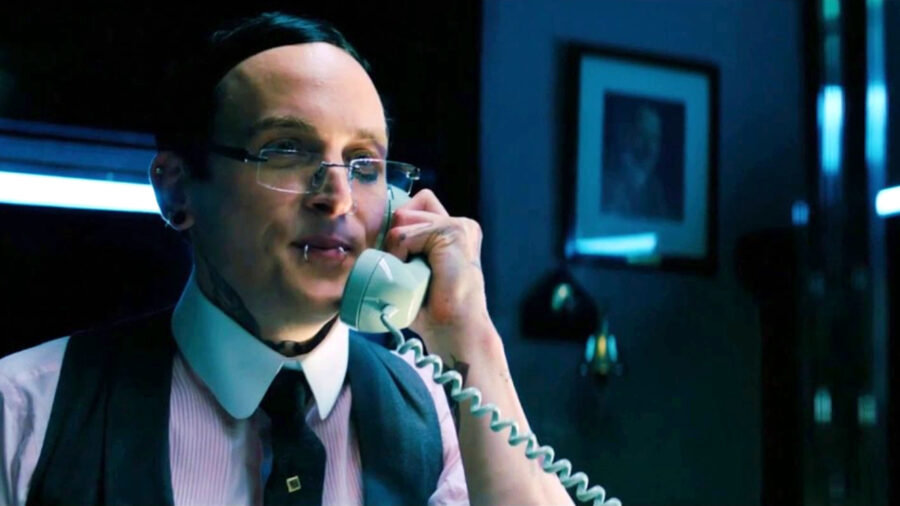
When a nameless administrator portrayed by Robin Lord Taylor receives a phone call from the Adjudicator stating that the Continental is no longer neutral grounds (deconsecrated), he hangs up the phone, gulps, looks horrified for a few seconds, and then immediately gets to work pulling files and lighting up switchboards without batting an eyelash.
At this point, we don’t know exactly what being deconsecrated means within the context of the John Wick universe, but it’s safe to assume that some serious business is about to go down. Without hesitation, the administrative clerk knows exactly what process needs to be implemented, and follows protocol.
Creating Suspense
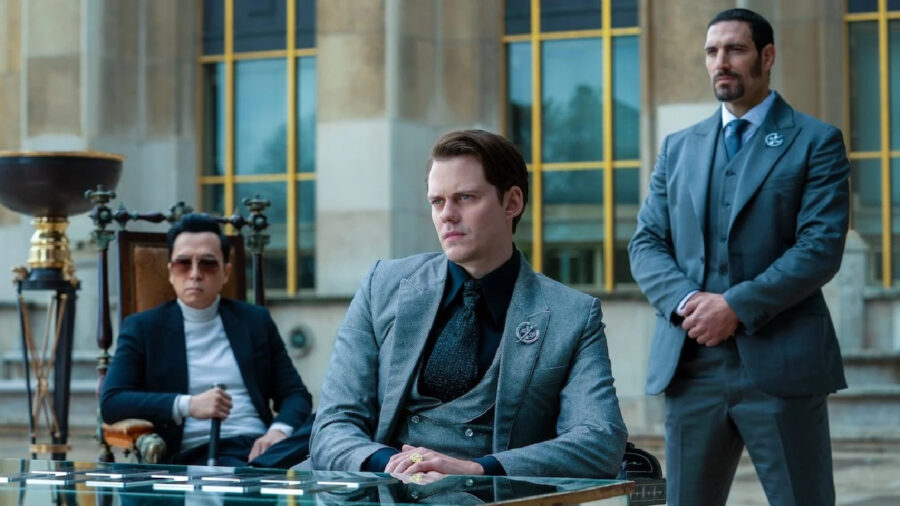
Without order, John Wick falls apart. By constantly showing, but not necessarily telling the viewer what they’re about to get into, a healthy amount of suspense is generated because everybody involved possesses a form of mental muscle memory that allows them to know that the flash of a coin or marker, or a brief verbal exchange is all they need to see or hear before planning their next course of action.
Essential Workers
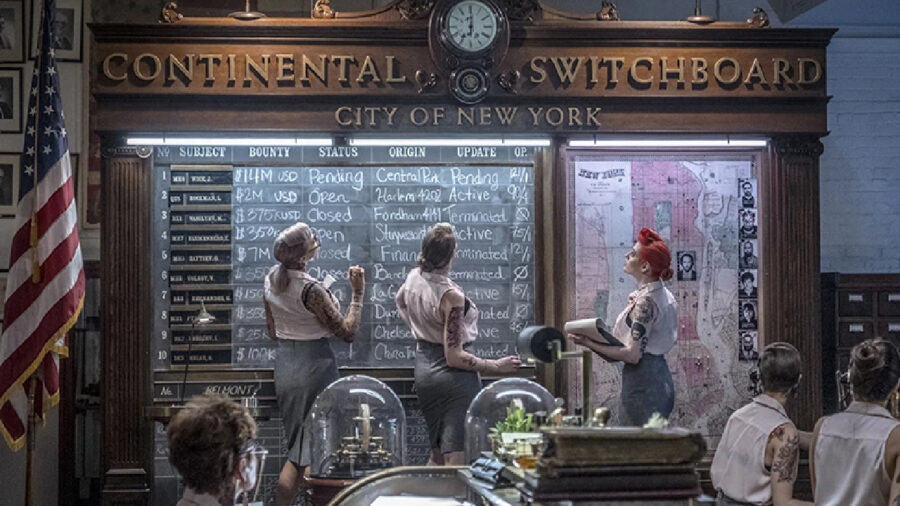
The administrative clerks in the John Wick films aren’t just for show; they’re essential workers who drive the plot forward. Not only are they incredibly capable employees on the High Table payroll, the High Table couldn’t exist in its current form without somebody dotting every I and crossing every T in their efforts to not only establish the rules to the viewer, but to enforce them within the films.












